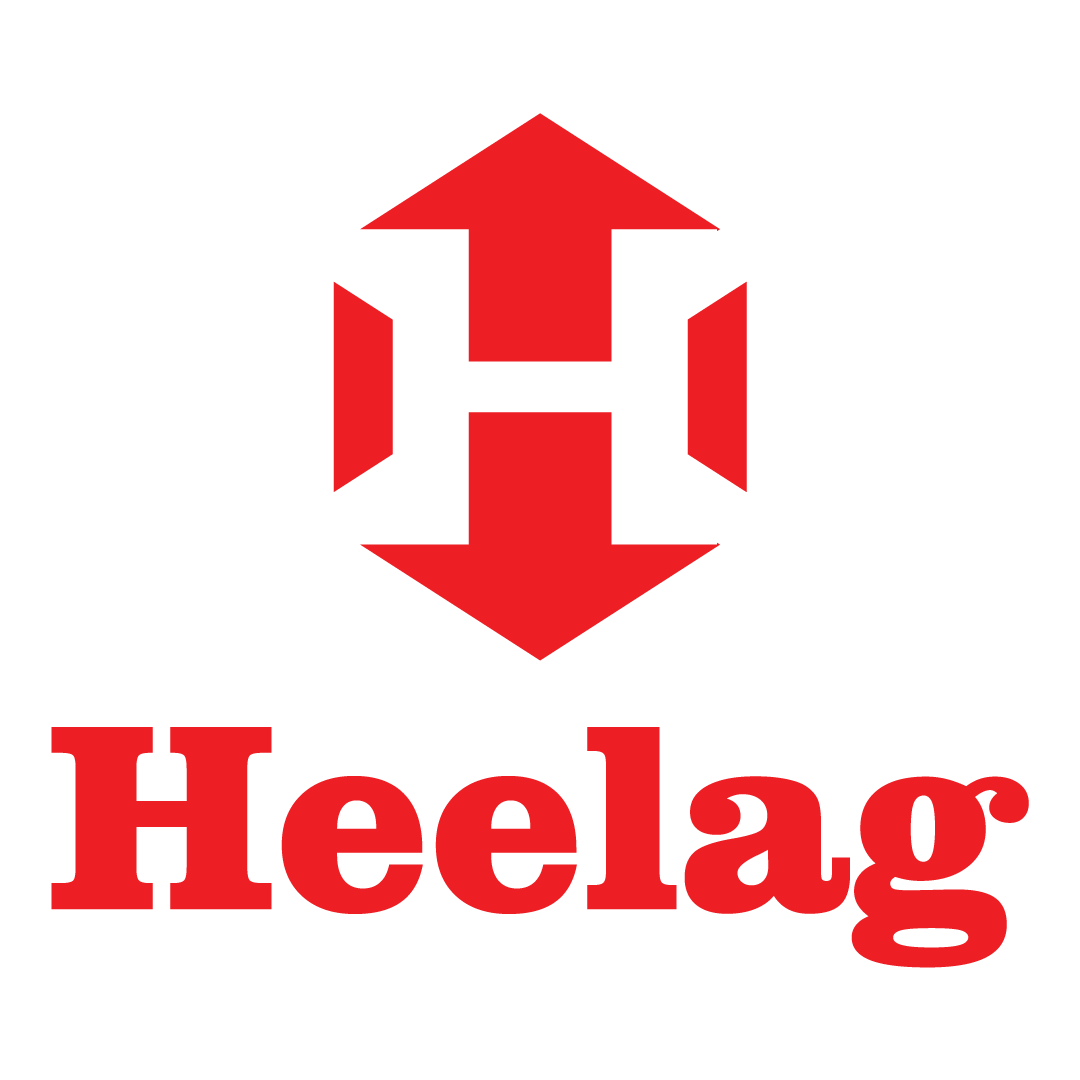One of the most common questions in vertical transportation is, "How long does an elevator last?" The answer varies depending on multiple factors, including elevator type (hydraulic, traction, freight, passenger, commercial, or residential), usage patterns, maintenance frequency, and environmental conditions. However, as a general rule, the industry-standard lifespan of an elevator is approximately 20 years before modernization or replacement becomes necessary.
The key to maximizing an elevator's life cycle is proactive maintenance, periodic inspections and modernization planning. Without proper upkeep, aging elevators can lead to increased service calls, higher energy consumption, and compromised passenger safety. This is where Heelag Elevator and Escalator Consultancy plays a crucial role in ensuring elevators remain efficient, safe, and compliant with regulatory standards throughout their lifecycle.
Key Factors Influencing Elevator Life Cycle
1. Environmental Factors
Elevator longevity can be significantly impacted by environmental conditions. Some of the most common challenges include:
- Moisture Exposure: Water leakage into the elevator shaft due to faulty sump pumps, external weather conditions, or subterranean sources can accelerate corrosion and electrical failures.
- Seismic Activity: Earthquakes and underground vibrations can affect elevator components, leading to misalignment and mechanical wear.
- Extreme Temperature: Excessive heat or cold can impact hydraulic fluids, motor efficiency, and electronic components.
How Heelag Helps: Our Third-Party Audit Services conduct comprehensive environmental assessments, identifying potential risks before they cause premature elevator failure. Regular audits help building owners take preventive action and ensure elevators remain in optimal condition.
2. Routine Elevator Maintenance
Regular maintenance is critical to extending an elevator's lifespan beyond the standard 20 years. A well-maintained elevator can serve efficiently for 25+ years, whereas neglecting routine service can reduce its life to 10-15 years.
Key Maintenance Benefits:
- Ensures compliance with safety standards (BIS, ISO, EN81-1, ASME)
- Prevents unexpected breakdowns and costly repairs
- Enhances energy efficiency and performance
How Heelag Helps: Our Project Management Services include overseeing maintenance schedules, coordinating with service providers, and ensuring timely inspections. By proactively managing maintenance, we help clients avoid costly downtimes and unexpected failures.
3. Capital Planning for Elevator Upgrades
As an elevator ages, component wear and obsolescence become inevitable. To avoid sudden expenses, building owners should plan for gradual upgrades, such as:
- Control System Modernization for better energy efficiency
- Door Mechanism Upgrades to enhance passenger safety
- Cabin Interior Refurbishment for improved aesthetics
How Heelag Helps: Our Quotation & Proposal Review Service ensures that modernization quotes are fair, transparent, and cost-effective. We evaluate proposals from elevator contractors to ensure clients receive the best value for their investment.
4. Elevator Modernization: The Key to Extending Life Cycle
After two decades of service, an elevator may no longer be cost-effective to maintain due to outdated components, frequent breakdowns, and inefficient energy consumption. Instead of full replacement, modernization can extend the life of an elevator at a fraction of the cost.
Modernization Benefits:
- Increases safety and reliability
- Reduces energy costs
- Enhances passenger comfort and ride quality
- Aligns with the latest technological advancements
How Heelag Helps: Our Modernization Inspection Service ensures that modernization work is executed to the highest standards. We review the scope, verify installed components, and ensure that the modernization process meets compliance requirements.
The Heelag Advantage in Elevator Life Cycle Management
Understanding and managing an elevator's life cycle is essential to ensure safety, efficiency, and cost-effectiveness. Heelag Elevator and Escalator Consultancy offers expert services at every stage:
- Third-Party Audits to assess existing conditions and identify risks.
- Project Management to oversee maintenance and upgrades.
- Quotation Review to ensure fair pricing for elevator projects.
- Modernization Inspections to verify quality and compliance.
With our expertise, building owners and facility managers can confidently extend the life of their elevators, reduce operational costs, and enhance passenger safety. Contact Heelag today to schedule an audit or consultation and elevate your building's vertical transportation experience!
If you found this blog insightful, share it with friends, family, or colleagues. For more safety tips and updates, follow us on social media and join us in promoting safer elevator practices.
Your Safety, Our Priority
